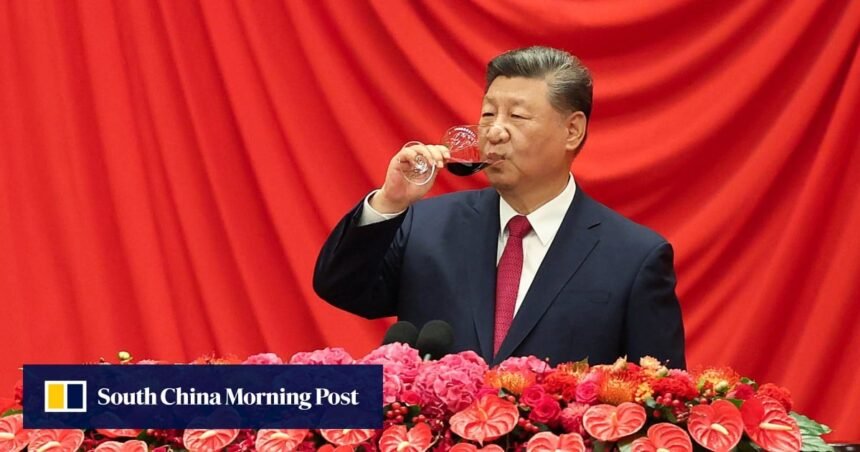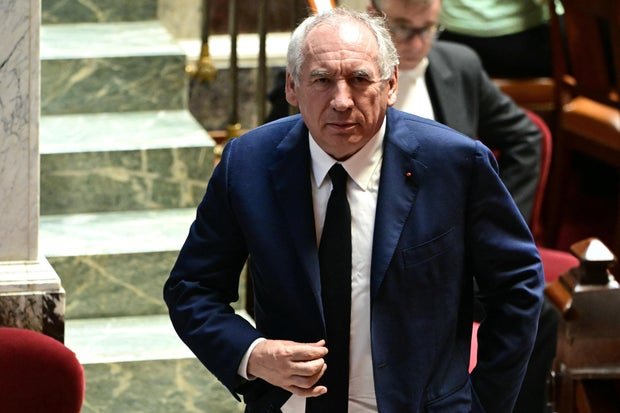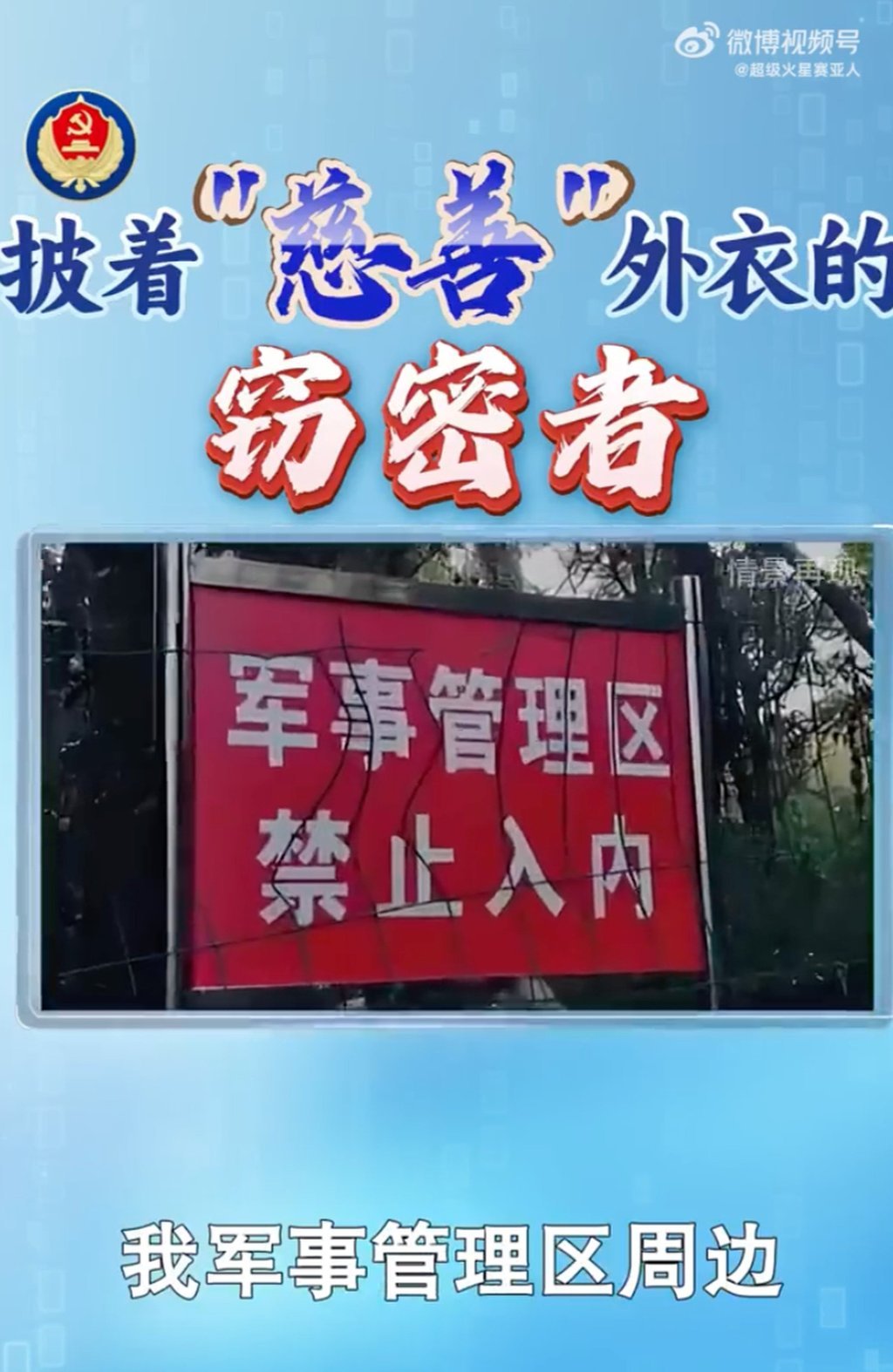Xi Jinping‘s National Day Address: A Firm Stance on Taiwan and External Interference
In a significant address marking China’s National Day, President Xi Jinping delivered a pointed warning regarding Taiwan, emphasizing the need for Beijing to resist “external interference” and to protect its territorial integrity. This speech, delivered on October 1, 2023, reflects the ongoing tensions between China and Taiwan, as well as the broader geopolitical landscape in which these issues are situated.
A Call for Unity and Sovereignty
Xi’s remarks underscored a long-standing narrative within Chinese politics: the assertion that Taiwan is an inseparable part of China. He stated that Beijing must “firmly oppose separatist activities seeking ‘Taiwan independence'” and called for a deepening of cross-strait exchanges. This rhetoric aligns with the Chinese government’s historical stance that views any movement toward Taiwanese independence as a direct challenge to its sovereignty.
The President’s speech also highlighted the importance of national unity, asserting that “the people on both sides of the Taiwan Strait are connected by blood.” This familial language aims to foster a sense of shared identity and history, reinforcing the idea that Taiwan’s future is intrinsically linked to that of mainland China.
Historical Context: Taiwan’s Complex Relationship with China
The relationship between Taiwan and China has been fraught with tension since the end of the Chinese Civil War in 1949, when the Nationalist government retreated to Taiwan after being defeated by the Communist Party. Since then, Taiwan has developed its own political system and identity, leading to a complex and often contentious relationship with Beijing.
Historically, the Chinese government has viewed Taiwan as a breakaway province that must eventually be reunified with the mainland, a sentiment that has been echoed by various Chinese leaders over the decades. The issue of Taiwan’s status remains one of the most sensitive topics in Chinese politics, and any perceived move toward independence is met with strong opposition from Beijing.
Xi’s Emphasis on Multilateralism
In addition to his comments on Taiwan, Xi’s speech also included a pledge to “practice true multilateralism.” This statement reflects a broader strategy by the Chinese government to position itself as a stabilizing force in a rapidly changing global landscape. By framing itself as a defender of the world order, China seeks to counterbalance the influence of Western nations, particularly the United States.
This call for multilateralism is not merely rhetorical; it is part of a larger effort by China to expand its influence through initiatives such as the Belt and Road Initiative, which aims to enhance trade and infrastructure development across Asia and beyond. By promoting a vision of multilateral cooperation, China hopes to reshape global governance structures to better align with its interests.
Rising Tensions with Taiwan
The backdrop of Xi’s address is marked by escalating tensions between China and Taiwan, particularly under the leadership of Taiwan’s President William Lai Ching-te. Since Lai took office, Beijing has accused his administration of inciting confrontation and spreading misinformation. The Chinese government has responded with increased military activity in the Taiwan Strait, including frequent incursions by Chinese military aircraft into Taiwan’s air defense identification zone.
These actions have raised concerns not only in Taiwan but also among its allies, particularly the United States, which has a longstanding commitment to support Taiwan’s defense capabilities. The U.S. has been vocal in its opposition to any unilateral changes to the status quo in the Taiwan Strait, further complicating the already tense situation.
The International Response
The international community has been closely monitoring the developments in the Taiwan Strait, with many countries expressing support for Taiwan’s democratic governance. The U.S. has reiterated its commitment to Taiwan’s defense, while also encouraging dialogue between Beijing and Taipei. However, the increasing assertiveness of China in the region has led to fears of potential military conflict.
In this context, Xi’s speech serves as a reminder of the delicate balance of power in the region. The emphasis on opposing external interference can be interpreted as a warning to foreign nations, particularly the U.S., to refrain from intervening in what China considers its internal affairs.
Conclusion: A Pivotal Moment for Cross-Strait Relations
Xi Jinping’s National Day address encapsulates the complexities of cross-strait relations and the broader geopolitical dynamics at play. As tensions continue to rise, the future of Taiwan remains uncertain. The insistence on opposing separatist movements and external interference highlights China’s unwavering stance on sovereignty, while the call for multilateralism reflects its ambitions on the global stage.
As the world watches closely, the interplay between Taiwan’s aspirations for independence and China’s determination to maintain its territorial integrity will undoubtedly shape the region’s future. The coming months will be crucial in determining whether dialogue can prevail over confrontation, or if the situation will escalate further, leading to a potential crisis in the Taiwan Strait.











